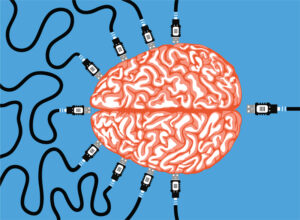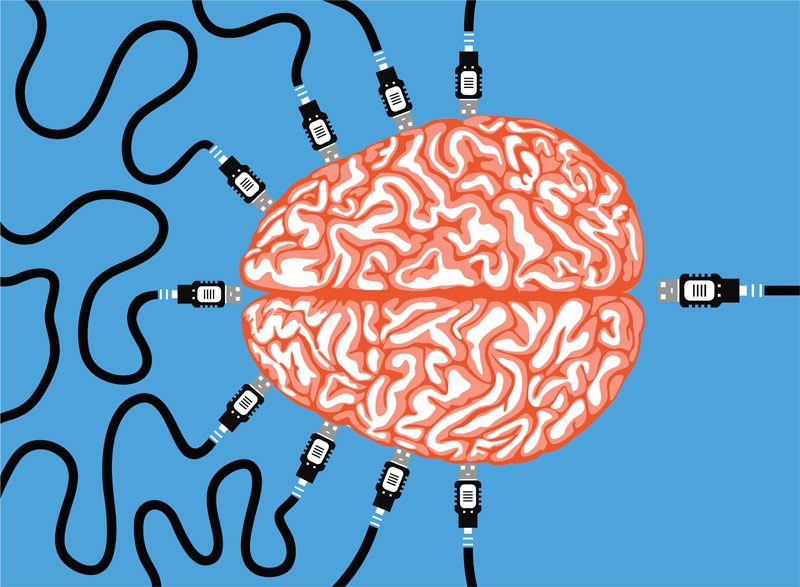
Brain research provides the missing link to effective management.
Effective management over the years has involved managing people, managing time, managing energy, managing stress and managing technology. I have studied and written books and articles on all of these topics.
But now that we are learning more and more about the workings of our brains from the researchers, neurologists, physicians and surgeons, we realize that to be truly effective at work and life we must also manage our brains. Such behaviors as procrastination, perfectionism, impulsiveness and lack of concentration all originate in our brain. So we must be able to train our brains in order to succeed.
Dr. Theo Tsaousides, in his book, Brain blocks: overcoming the seven barriers to success, claims that how we think and what we do starts and ends in the brain. The brain is the most sophisticated computer in the world, preprogrammed to look after our basic needs automatically – from our body temperature and breathing to digestion and sleeping. But we can also add our own programs – anything from self-discipline and focus to flexibility and persistence.
Dr. Mike Dow, in his book, The brain fog fix, claims that bad dietary and lifestyle habits are disrupting our brain chemistry and increasing the risk of dementia and obesity. The brain also needs adequate sleep, exercise and downtime in order to function efficiently and remain healthy. So brain maintenance is a basic requirement before even attempting to manage it. But manage it we can if we accept the fact that the conscious mind cannot only control how we think and behave, but even instruct our genes to behave in new ways.
If you have doubts, read the books, You are the placebo, by Joe Dispenza, and The brain’s way of healing, by Norman Doidge. There are plenty of examples of people who completely healed themselves without the use of medication and performed other feats using the power of their minds. If you can heal yourself, you certainly are able to increase your focus, resist impulsiveness, ignore distractions and break bad habits.
In future blogs I will offer more specific suggestions on how you might do this. In the meantime, here are a few books I recommend that you read.
Bowden, Mark. Tame the Primitive Brain: 28 Ways in 28 Days to Manage the Most Impulsive Behaviors at Work. Hoboken, NJ: John Wiley & Sons, 2013. Print.
Dispenza, Joe. You Are the Placebo: Making Your Mind Matter. Carlsbad, CA: Hay House, 2014. Print.
Doidge, Norman. The Brain’s Way of Healing: Remarkable Discoveries and Recoveries from the Frontiers of Neuroplasticity. New York: Viking, 2015. Print.
Dow, Mike. Brain Fog Fix: Reclaim Your Focus, Memory, and Joy in Just 3 Weeks. S.l.: Hay House, 2016. Print.
Tsaousides, Theo. Brainblocks: Overcoming the 7 Hidden Barriers to Success. New York City: Prentice Hall, 2015. Print.


Recent Comments